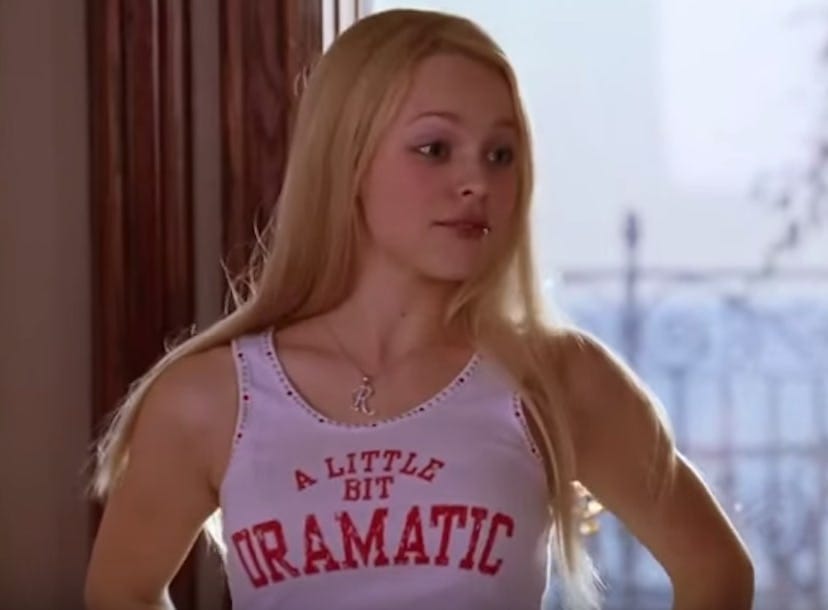Your startup is NOT your baby
The power of building for growth.
I used to call my startup my baby.
But here’s the thing: You wouldn’t kill your baby.
Sometimes, the kindest thing you can do… is shut it down.
A “startup” is a small, early-stage company designed for rapid growth, often aiming for 50–100x returns within a few years. It’s a high-risk, high-reward game by design.
An agency ≠ a startup.
A bakery ≠ a startup.
A startup = a high-growth, scalable business model that leverages technology, capital, or networks to grow exponentially, not linearly.
Here’s the truth: most first ideas fail.
That doesn’t mean you shouldn’t give it your all. It just means you should expect to learn hard lessons along the way.
I spoke about killing my “baby” recently on the Tech Startup Stories podcast: it’s easy to fall into imposter syndrome, to play small, and never reach our full potential in the building process.
I’ve noticed that many women gravitate toward impact-driven businesses. We want our work to mean something, to give back, to leave the world better than we found it.
But impact alone isn’t enough.
Not if you’re paying rent, covering your bills, or building without a financial safety net or supportive partner.
Growth is what creates sustainability. It’s what allows you to take care of your team, your mission, and yourself.
I genuinely hope I’ll be able to pay my future employees what they truly deserve, not just the minimum I can get away with, but compensation that reflects their real value.
I remember speaking with a student entrepreneur who told me bluntly,
“All I care about is profit.”
I pushed back:
“But impact matters too.”
And I still believe that. The tension between profit and purpose is real, and finding the balance isn’t easy.
If impact is your only goal, start a charity, a community, or an NGO. But if you’re building a startup, growth isn’t optional. It’s survival.
Trust me, I get the anxiety. It feels safer to fail at something small than to fail at something ambitious.
After I pivoted out of my first startup, I went trail running.
I stress-baked. A lot. That was my way of processing the loss.
For my second startup? On some of my worst days, I saw myself as Elizabeth Holmes. Not because I committed fraud, but because I felt like I’d failed to live up to the expectations the world had placed on me.
That’s the spotlight effect — we think people are watching, but they’re not.
In reality, the world had no clue who I was.
When I told a friend how anxious I felt about putting myself out there online, she said something that hit me hard:
“People just care about themselves. No one’s thinking about you as much as you are.”
She was right.
When you choose to go further, something powerful happens: you create opportunities for others.
You gain the ability to write reference letters that change lives, make introductions that open doors, and give helpful advice, because you’ve been there.
What we often miss is this: founding a company can sometimes be driven by pure survival capitalism.
Many young founders today, especially those under 22 in San Francisco or New York, were raised on YouTube wealth and faced with broken economic math (sky-high tuition, low salaries, insane rent). They’re skipping traditional paths and going all-in on high-risk startups.
My mother always used to remind me:
“高处不胜寒。”
“The heights are too cold to bear.”
Or more simply: It’s lonely at the top
It’s not easy to find successful female tech founders to look up to, as there still aren’t enough of them.
And when women do rise, their mistakes often seem far less forgivable than those made by men.
Even the US president can fail repeatedly. His failed ventures include casino bankruptcies, the New Jersey Generals, and Trump University. He and his businesses have faced over 4,000 lawsuits, including 6 bankruptcies. And yet, he still became president.
But when someone like Elizabeth Holmes, Anna Delvey, or Amber Heard stumbles, the backlash seems to be louder, harsher, and longer-lasting.
The most recent example I can think of is Charlie Javice.
Once on Forbes 30 Under 30, she claimed her student loan startup, Frank, had 4 million customers in a $175 million deal with JPMorgan Chase. In reality, the number was closer to 300,000. She was later found guilty of fraud.
And it’s not just them. Women politicians of color, working women, and other marginalized voices are often held to higher standards and forgiven far more slowly.
I’m not here to excuse mistakes. That’s not the point.
But I’ll admit it: I may be biased.
I grew up in Hong Kong, where women’s failures, especially in public life, were rarely met with empathy. They were reduced to gossip, consumed for entertainment instead of understanding.
Society, to some extent, still expects women, especially high-achieving ones, to embody a kind of nurturing, selfless ideal as they lead. When you don’t fit that “motherly” mold, the shame can cut deeper.
One movie scene that’s never left me is Laura Dern’s monologue in Marriage Story:
We don’t accept the failings of mothers structurally, and we don’t accept it spiritually. Because the basis of our Judeo-Christian whatever is Mary, mother of Jesus, and she’s perfect. She’s a virgin who gives birth, unwaveringly supports her child, and holds his dead body when he’s gone. And the dad isn’t there. He didn’t even do the f*ing. God is in heaven. God is the father, and God didn’t show up. So you have to be perfect, and Charlie can be a f*up and it doesn’t matter. You will always be held to a different, higher standard. And it’s f*ed up, but that is the way it is.
That’s what it can feel like to be a self-driven woman. You’re expected to win gracefully, perfectly, without stepping on toes, without losing your temper, without making the kind of messy mistakes that founders routinely survive.
My dissertation was on mental health apps, and one that stood out to me was Moody Month. It tracks how women are affected by hormonal shifts throughout the menstrual cycle.
And when you look at it that way, maybe it’s not that women are too emotional. Maybe they’re just responding biologically, predictably to a system that was never built with them in mind.
Maybe we need to be more forgiving toward women, especially when they don’t show up the way we expect.
We don’t need more Barbies. We don’t need more perfect women. We need more imperfect builders. Ones who are willing to let go, pivot fast, and rise again.
(Fan of memes and pop culture 😬)




